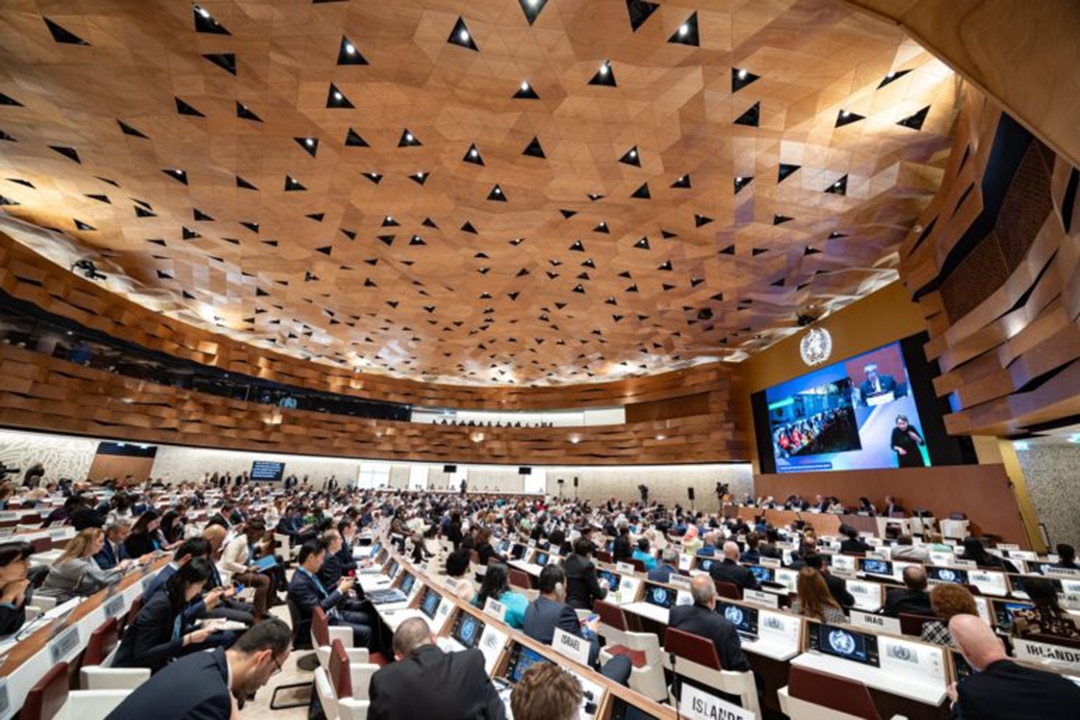
John Kerry vs. The First Amendment
If irony had a throne, John Kerry would be leaning on it, monologuing about democracy’s headaches at this week’s World Economic Forum’s Sustainable Development Impact Meetings. Here, the former Secretary of State and America’s first designated Climate Envoy complained about the modern “crisis” of governance—that awful, inconvenient reality where everyone has a voice. Apparently, too many people are ruining what used to be a good thing.
Kerry, cloistered in the comfort of the Davos bubble, reminded us just how difficult it is to govern when the masses actually get to speak their minds. “It’s really hard to govern today,” Kerry lamented, exuding the charm of someone frustrated that the rabble is talking back. The referees of truth, as he calls them, have been “eviscerated.” You know, those old-school arbiters—the gatekeepers of facts—who made sure the right people got to say the right things, ensuring a comfortable consensus among the elite.
Back then, if something was decided to be true, well, it stayed true.
But now, that pesky First Amendment and the democratization of information are making it all so much harder.
The First Amendment: A Problematic Blessing
In an almost endearing display of begrudging respect, Kerry admitted that the First Amendment was indeed a “major block” to simply hammering out all those annoying voices of dissent. He could hardly disguise his exasperation, saying, “Our First Amendment stands as a major block to the ability to be able to just hammer it out of existence.” In other words, free speech is an obstacle—an inconvenient truth—that prevents those in power from making the bad stuff go away with a flick of the wrist. The good old days of message control are fading, and Kerry isn’t happy about it.
The US’s first Climate Envoy went on to express his fear of “misinformation,” a word that’s become shorthand for “anything I disagree with” in the discourse of modern governance. To be fair, the proliferation of unfiltered content has thrown a wrench into the carefully oiled machinery of public relations. But Kerry’s wistfulness for the days of centralized narrative management suggests something more than concern for public welfare. It hints at a frustration with the sheer messiness of democracy itself—when people are empowered to shout over each other, rather than politely taking turns in a line managed by legacy media.
When Consensus is the Hardest Word
Kerry’s nostalgia for the referee era betrays the fundamental problem: consensus is messy, chaotic, and utterly infuriating when it’s done right. In his view, consensus-building is getting harder because all the voices—yes, even the dumb, crazy, disagreeable ones—are getting a say. Democracy without controlled consensus isn’t real democracy, at least not the polished kind that fits neatly on a forum PowerPoint slide.
Democracy on Dial-Up Speed
“I think democracies are very challenged right now and have not proven they can move fast enough or big enough to deal with the challenges that we are facing,” Kerry said, presumably reflecting on climate change, social inequality, and the rest of the urgent issues the WEF loves to discuss over champagne and hors d’oeuvres.
John Kerry might want to “hammer” dissent “out of existence,” but that’s not how freedom works. You can’t advocate for free speech out of one side of your mouth and simultaneously lament the existence of dissent from the other. If governance is hard, it’s because democracy is supposed to be hard. Consensus is supposed to be earned, not enforced. And maybe, just maybe, that’s the whole point.





0 Comments